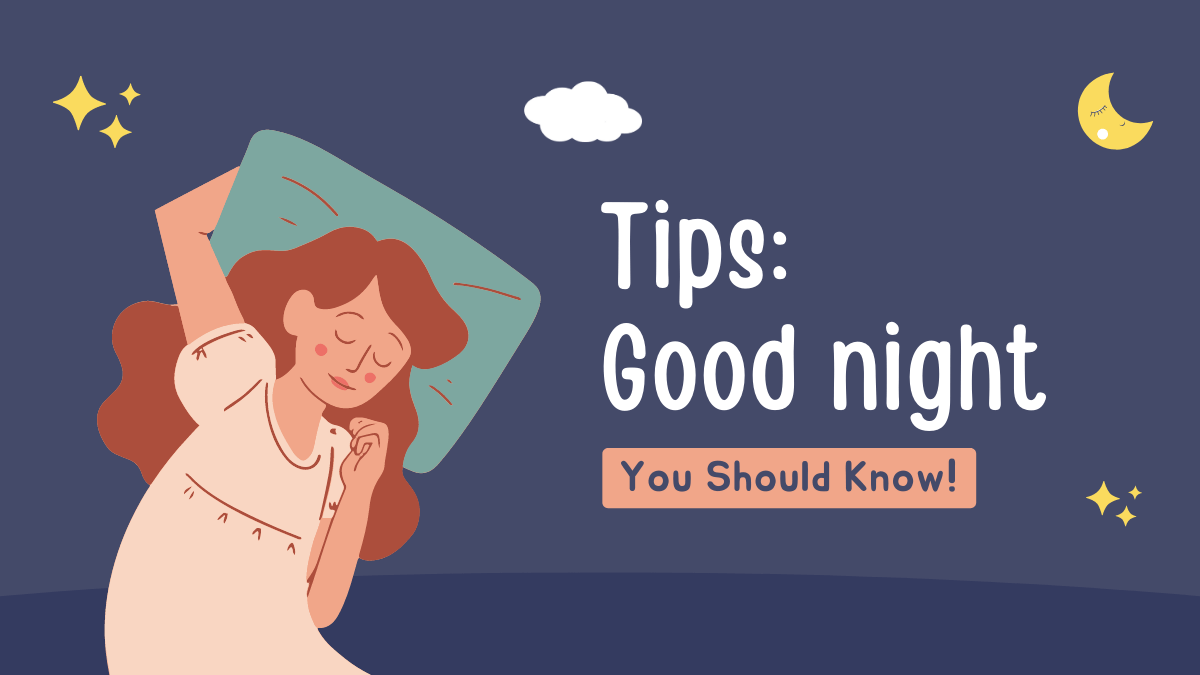Effective methods for getting better sleep as a night shift worker

Night shift work poses unique challenges when it comes to achieving quality sleep. The disruption of the body’s natural sleep-wake cycle and exposure to artificial light can significantly impact the sleep patterns of night shift workers. However, with the right strategies and lifestyle adjustments, improving sleep quality and optimizing rest for those working during the night is possible.
Check effective methods for getting better sleep as a night shift worker
Establish a Consistent Sleep Routine
A consistent sleep routine is essential for regulating your body’s internal clock. Set a regular sleep schedule that aligns with your work shifts and stick to it, even on your days off. This routine helps signal to your body when it’s time to sleep, enhancing the quality and duration of your rest.
Optimize Your Sleep Environment
Creating a conducive sleep environment is crucial for promoting better sleep. Make your bedroom as dark, quiet, and comfortable as possible. Invest in blackout curtains or wear a sleep mask to block out sunlight. Use earplugs or a white noise machine to minimize disruptive sounds. Ensure that your mattress and pillows provide adequate support for your body, promoting optimal sleep posture.
Minimize Exposure to Artificial Light
Exposure to bright light at night can suppress melatonin production, the hormone that regulates sleep. Prioritize minimizing exposure to artificial light before and during your sleep period. Wear blue light-blocking glasses when using electronic devices, as the blue light emitted can disrupt sleep. Use blackout blinds or curtains to keep your bedroom dark during the daytime.
Manage Your Caffeine Intake
Caffeine can significantly impact sleep quality and disrupt the sleep-wake cycle. Limit your consumption of caffeinated beverages, such as coffee, tea, and energy drinks, especially during the latter half of your shift. Be mindful of the timing and quantity of caffeine you consume to avoid its stimulating effects during your designated sleep period.
Create a Wind-Down Routine
Establish a relaxing wind-down routine before bedtime to signal your body that it’s time to sleep. Engage in activities that promote relaxation, such as taking a warm bath, practicing deep breathing exercises, or reading a book. Avoid stimulating activities, such as intense exercise or engaging with electronic devices, close to bedtime, as they can hinder your ability to fall asleep.
Prioritize Daytime Sleep
Recognize the importance of prioritizing sleep during the day to compensate for the sleep deficit caused by night shift work. Create a restful environment by using blackout curtains, earplugs, and white noise machines to minimize distractions. Communicate with family members or housemates to ensure a quiet and peaceful environment during your designated sleep time.
Practice Healthy Lifestyle Habits
Maintaining a healthy lifestyle is essential for quality sleep. Regular exercise, preferably before your shift, promotes better sleep. Eat balanced meals and avoid heavy or spicy foods close to bedtime, which can cause discomfort or disrupt sleep. Limit alcohol consumption, as it can negatively affect sleep quality and increase the likelihood of sleep disturbances.
Getting better sleep as a night shift worker requires a proactive approach to managing your sleep environment, routines, and lifestyle habits. By establishing a consistent sleep routine, optimizing your sleep environment, minimizing exposure to artificial light, managing caffeine intake, creating a wind-down routine, prioritizing daytime sleep, and practicing healthy lifestyle habits, you can improve the quality and duration of your sleep.
Remember that each individual may respond differently to these strategies, so it may take some trial and error to find what works best for you. With persistence and commitment, you can achieve better sleep as a night shift worker, improving overall well-being and enhanced job performance.
Mariel is a writer who finds writing a safe space to share her experiences and opinions with the world. Aside from writing, she also listens to music, specifically K-pop and OPM, to relax after a challenging day.




